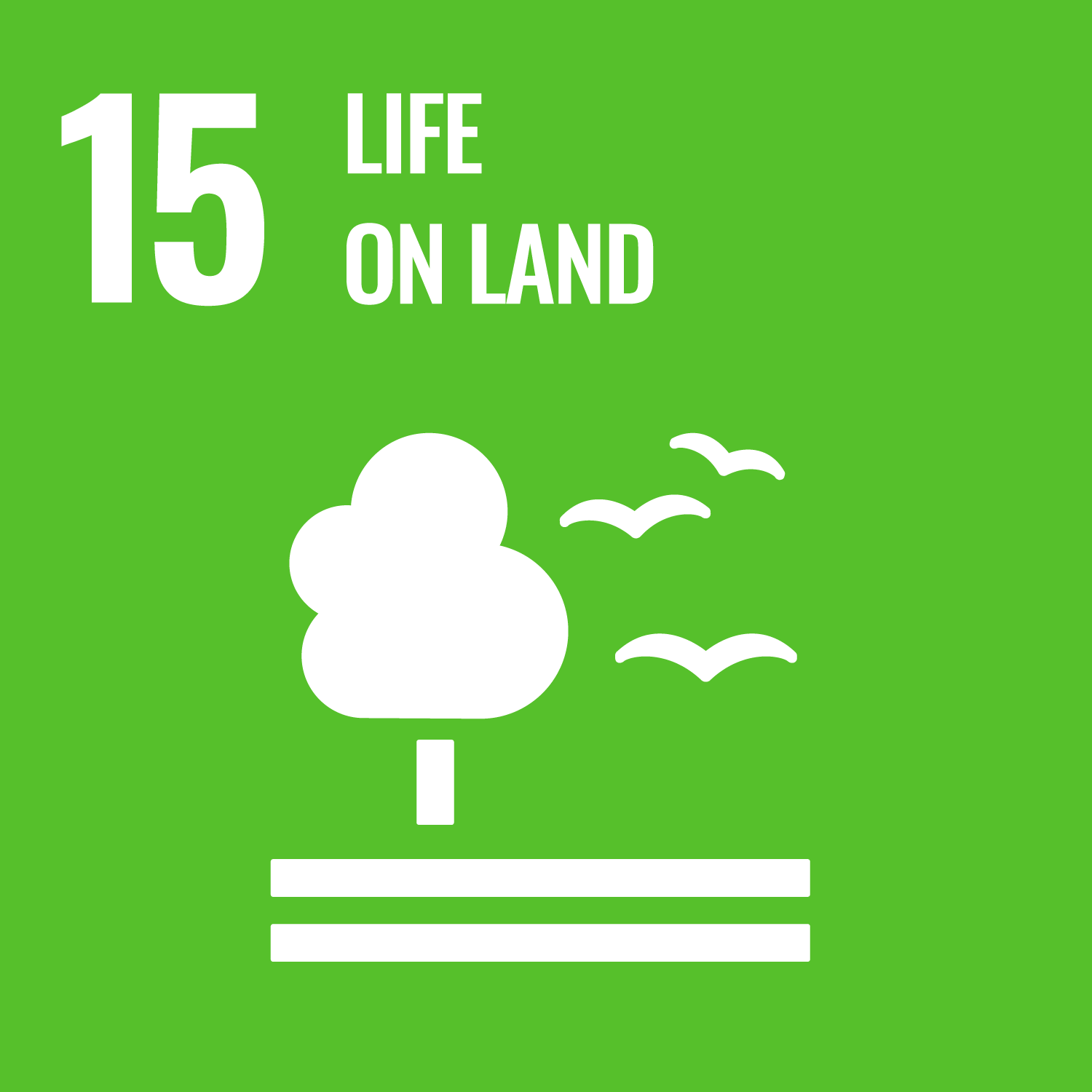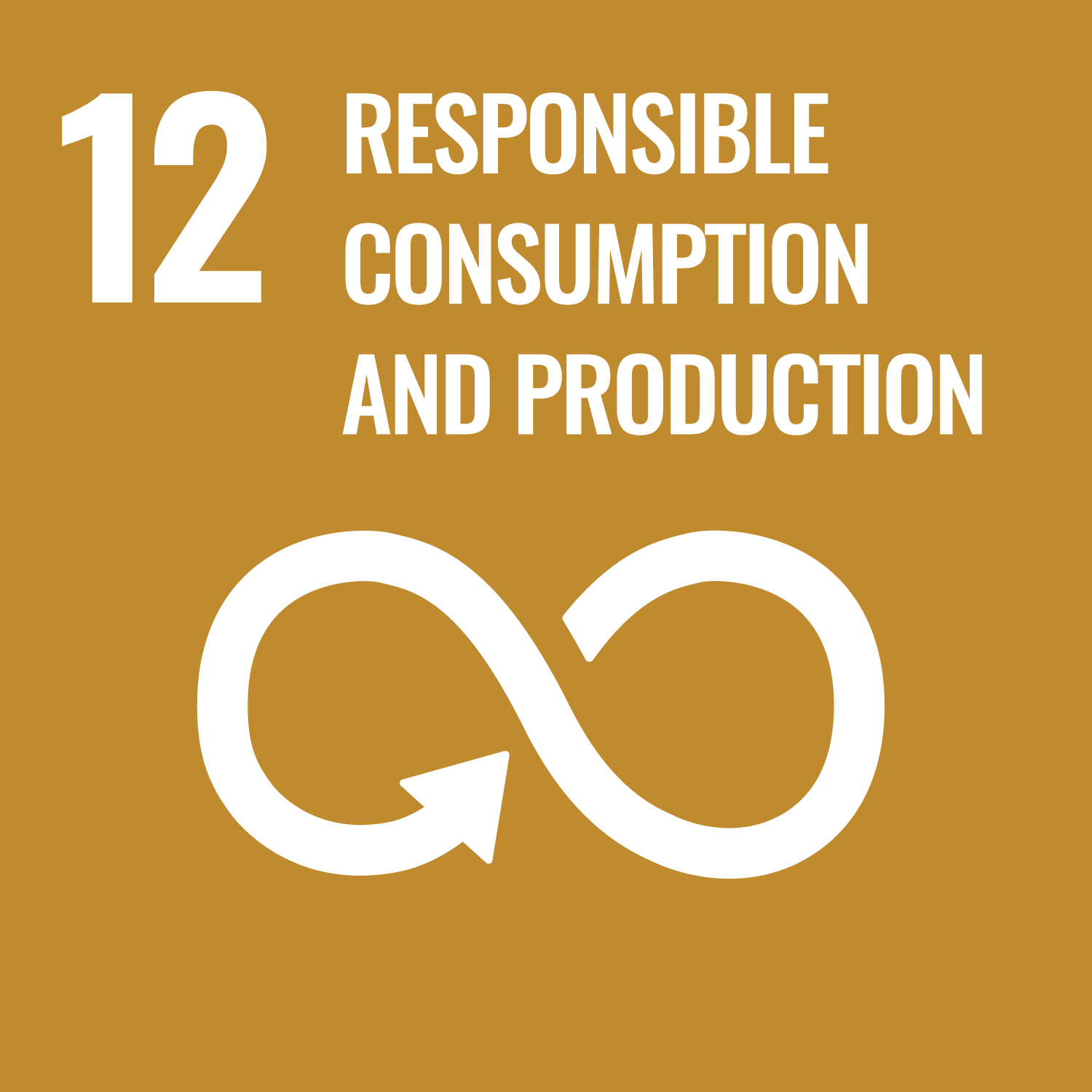Biochar improves fertility in waste derived manufactured soils, but not resilience to climate change
ORCID
- Giuliano Laudone: 0000-0001-6966-1163
- Mark F. Fitzsimons: 0000-0002-6443-6087
Abstract
We present a soil manufactured from waste materials, which could replace the use of peat and topsoil in plant production and reduce the pressure on natural soil resources. We tested the effect of the manufactured soil on ecosystem functions and microbial communities with and without plants present, and with and without biochar addition (Experiment 1). The resilience of the soil in response to drought and flooding, and also the effect of biochar was also tested (Experiment 2). Biochar increased soil C and N regardless of plant presence and negated the effect of the plant on soil peroxidase enzyme activity. The manufactured soil was largely resilient to drought, but not flooding, with negative impacts on microbial communities. Results indicate that biochar could improve soil properties, but not resilience to climatic perturbations. Results suggest that manufactured soils amended with biochar could offer a useful alternative to natural soil in many contexts.
DOI Link
Publication Date
2024-05-01
Publication Title
Science of the Total Environment
Volume
923
ISSN
0048-9697
Acceptance Date
2024-02-28
Deposit Date
2024-09-03
Embargo Period
2025-03-11
Additional Links
Keywords
Biochar, Biogeochemistry, Climate-change, Drought, Flooding, Resilience, Waste derived manufactured soil
Creative Commons License

This work is licensed under a Creative Commons Attribution-NonCommercial-No Derivative Works 4.0 International License.
Recommended Citation
Rhymes, J., Evans, D., Laudone, G., Schofield, H., Fry, E., & Fitzsimons, M. (2024) 'Biochar improves fertility in waste derived manufactured soils, but not resilience to climate change', Science of the Total Environment, 923. Available at: 10.1016/j.scitotenv.2024.171387




